How this millennial doctor demystifies sexual, reproductive health education through Instagram
With over one million people following her Instagram handle @dr_cuterus, Dr Tanaya Narendra has been making best use of the online space to educate people on all aspects of reproductive biology
By Sneha Khedkar
| Posted on August 28, 2023
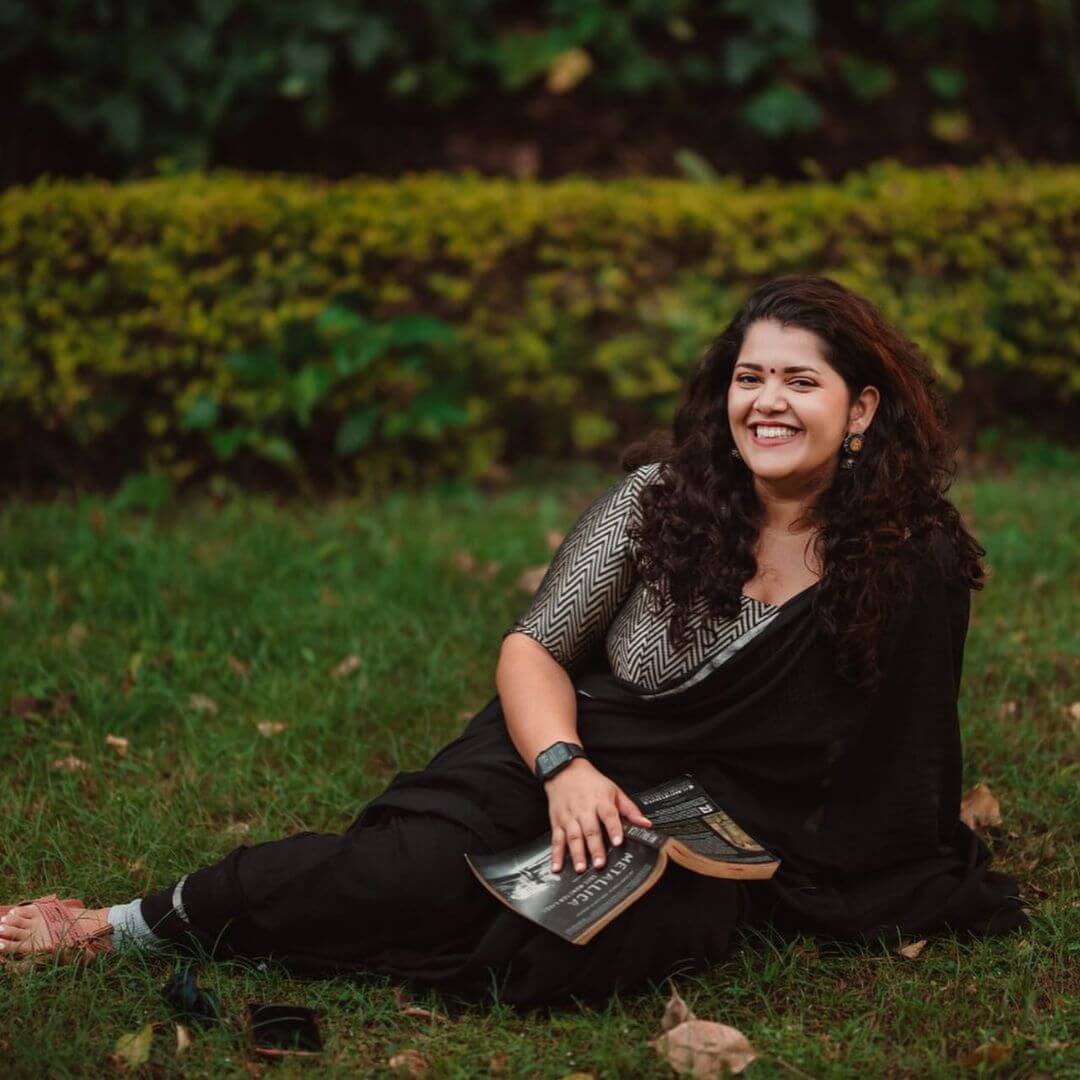
“I will completely overhaul the way sex education is given in India. It is so jargon-heavy, and not catering to the people who are supposed to access it,” says Dr Tanaya Narendra, whose popular Instagram handle (dr_cuterus) has been providing easy and safe access to information that is usually denied to most people.
Through her informative posts and videos, this millennial doctor and researcher talks about all things connected with reproductive biology — contraception, abortions, sperm and penis health, to name a few. “If they cannot relate to it, how can we expect them to imbibe reproductive healthcare into their lives?”
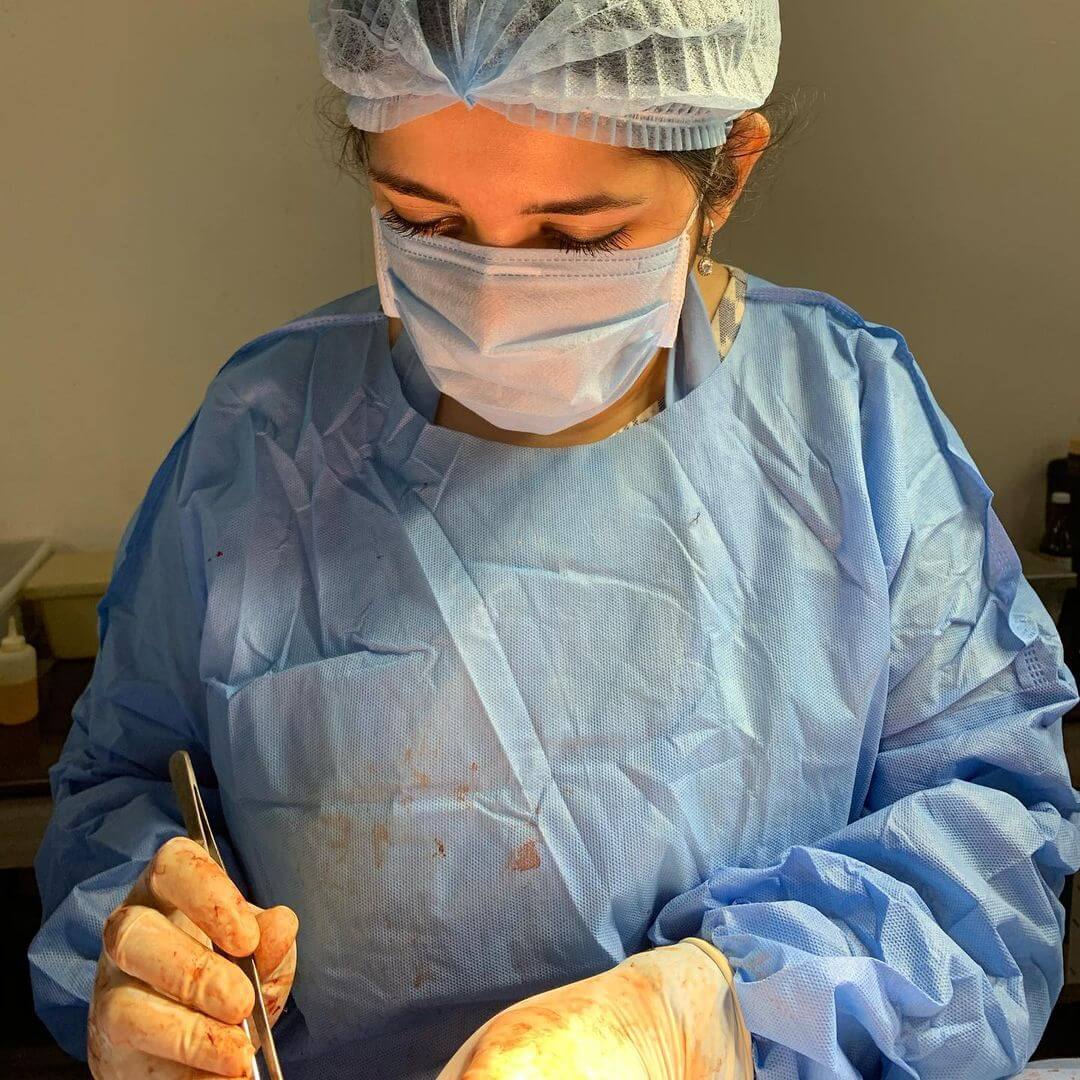
Dr Tanaya at work in Prayagraj where she serves in her mother’s clinic.
Originally from Prayagraj, Tanaya’s parents are fertility specialists, which set the context for conversations around reproductive health. After her MBBS, she did her Master’s degree in clinical embryology and fertility treatments from Oxford, the UK.
Through work, she realised that lack of sex education has a role to play in fertility issues. She also learnt that people in both developed and developing countries had similar questions around sexual and reproductive health, which highlighted the need for sex education and science communication globally.
Thus, her online initiative Dr Cuterus was born. “My mission is to demystify and simplify sexual, reproductive and menstrual health for everyone, and try and keep it as inclusive as possible,” says Tanaya. Through her platform, she ensures a safe environment for everyone to have a conversation about sexual and reproductive wellness.
“What I like most about her videos is that they are on Instagram, which makes it very easy to access,” says Snehal Patel, an engineer from Vadodara working in the US. Patel has been following Dr Cuterus for about six months, after a friend suggested checking her profile while discussing menstrual cups.
Tanaya’s flair for explaining biology in a manner that is understandable and relatable has made her one of the most popular sex educators in India, with a fan base of one million followers on Instagram. About 5% of her followers are based in the UK, 7-9% in the US and 8% in UAE.
Communicating science to such a diverse audience has taught her the importance of keeping her followers entertained. “I think that is something we often miss out in science communication,” she says.
In her experience of imparting sex education, some of the misinformation she has observed has been around contraception. “I see a lot of resistance around the idea of contraception, particularly around contraceptive pills. No matter how much proper verified information I bring on, a lot of people steadfastly refuse to believe it,” she says.
The questions posed by followers inspire most of her posts, she says. While queries from a majority of her audience are similar, she has observed questions from people in India are more fundamental, because of the more fundamental nature of myths surrounding women’s health and sexuality. ‘Can I wash my hair on my period’ and ‘will I become infertile if I touch a man on my period’ are some of the basic questions she has been asked. When not inspired by her followers, her team of interns helps her with ideation for posts by updating her with the latest trends.
Along with being a health influencer, Tanaya serves as a doctor at her mother’s clinic in Prayagraj. She devotes almost equal time to her influencer initiative and her medical practice. “I genuinely have two full-time jobs at this point,” she laughs. “And I love both!” Her family is supportive of her unconventional career choice, and the audience on her platform has largely responded positively.
Yet, talking about sexual and reproductive health in a society that stigmatises these topics has its own challenges. In addition to the censorship on the internet, she has been shamed for speaking openly about traditionally tabooed topics. “This kind of work will attract character assassination,” she says. “Honestly speaking, I expected it and was not surprised. But it was still disheartening at times.”
Fighting legal battles for calling out brands that sell unnecessary or unsafe products was another major challenge. She has a fundamental problem with the way capitalism preys on young people to make them feel insecure or ashamed of their bodies. In fact, a significant chunk of questions she gets from her audience is about whether their bodies are normal.

Dr Tanaya at Oxford where she studied clinical embryology and fertility treatments
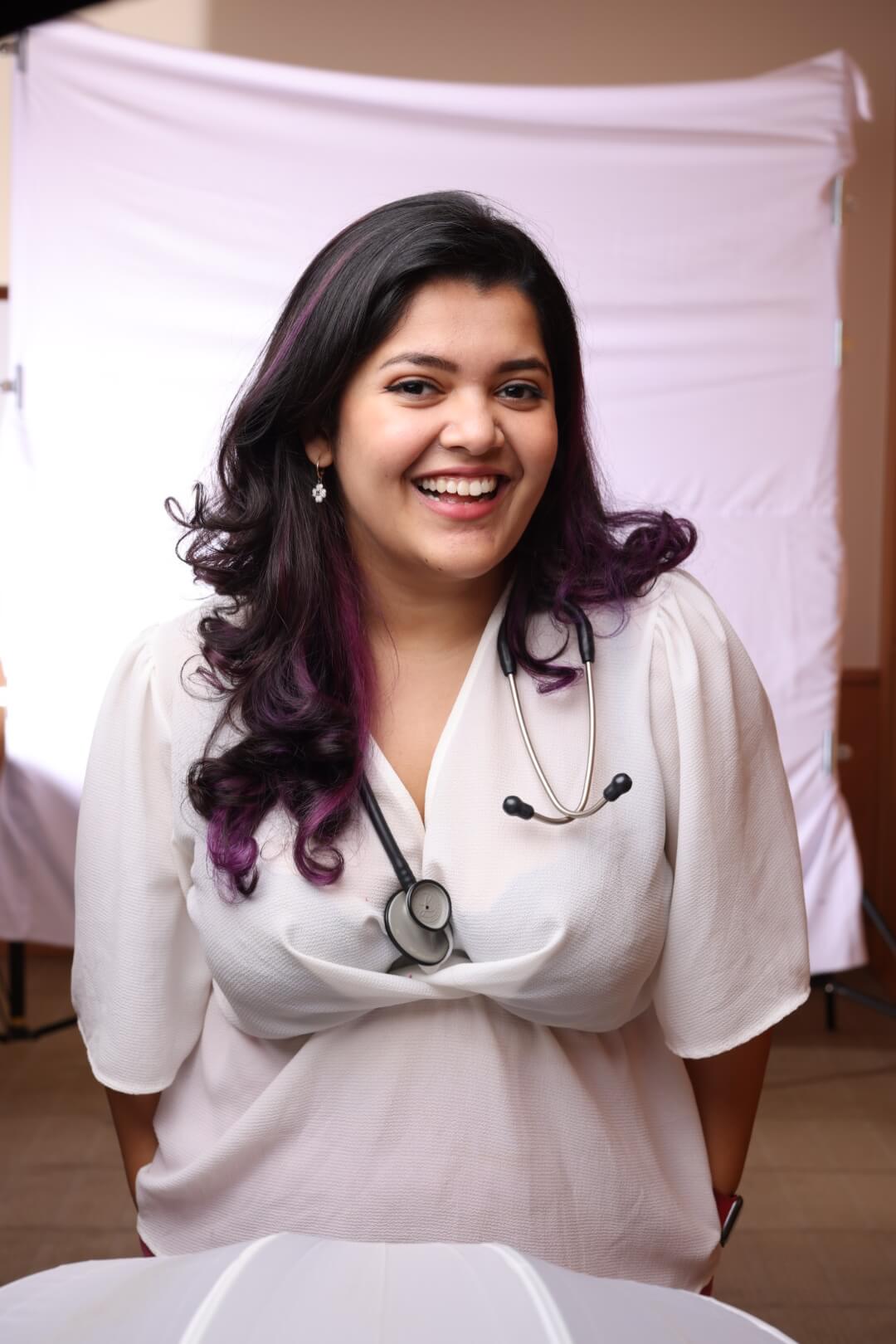
An important campaign run by Dr Cuterus aims to raise awareness about HPV and its link to cervical cancer
When she was younger, the way some products were marketed made her feel ashamed of her body, which is where her anti-capitalist rhetoric comes from. She has been sued for defamation, for taking a stand against certain products. “I was sued by a genital lightening company for debunking genital lightening creams,” says Tanaya. She used scientific evidence from dermatological books to support her argument that pigmentation in genitals is normal in response to hormonal changes in the body. “We were able to show in court that what I am saying is not wrong,” she adds.
Despite the challenges, Tanaya says she will not stop her public health and educational initiatives. “Being a large and populated country, healthcare is not a monolith here. There is a big difference in healthcare facilities in the public and private sectors. I think the public sector is doing a wonderful job,” she says.
One of the major public health-driven online trends that Tanaya has spearheaded through her Dr Cuterus profile is spreading awareness about the vaccine against Human Papillomavirus (HPV). “More than 90% of all cervical cancer cases are related to HPV. We have more women die of cervical cancer in India than any other country. In fact, India leads the world in deaths from cervical cancer, which is such an easily preventable disease,” she says.
Tanaya’s initiative has encouraged many women to take vaccination against HPV (she often reshares the stories of many women taking the vaccine and tagging her on Instagram). But she says this is an expensive vaccine, which only a few privileged people can access. To ensure a more homogenous distribution of the vaccine, she recently launched a campaign by collaborating with Her Adhikaar Foundation. They have jointly started a petition on change.org to include HPV in the Universal Immunisation Programme, like the way it is commonly included in many developed countries.
“The petition at this moment has garnered a little over 25,000 signatures. The WHO has evinced interest in partnering up with us for this campaign. We will see where it goes,” she says. “If it happens, it will be unprecedented,” she adds hopefully.
Tanaya says her commitment to sexual and reproductive health education will be a lifelong affair, which is why she enthusiastically embraced the idea for a book when Penguin Publishing Group approached her. Her book titled Dr Cuterus: Everything Nobody Tells You About Your Body is a jargon-free educational resource, and an attempt to get people to know their bodies.
Within a few weeks of its launch, the book became a national bestseller and went into reprint. “The main challenge while writing it was in managing my clinical practice and content creation,” she says.
Her advice to young women who want to pursue science and science communication is to keep at it. “It is a very male-dominated field, and we need our representation. Women are inherently good communicators. The linguistic part of our brain is more developed compared with that of men, which means we are better descriptors and communicators,” she beams.
“Just keep at it, it is a very fulfilling journey,” she concludes.

Women are inherently good communicators, says Dr Tanaya, urging women science communictors to “keep at it”
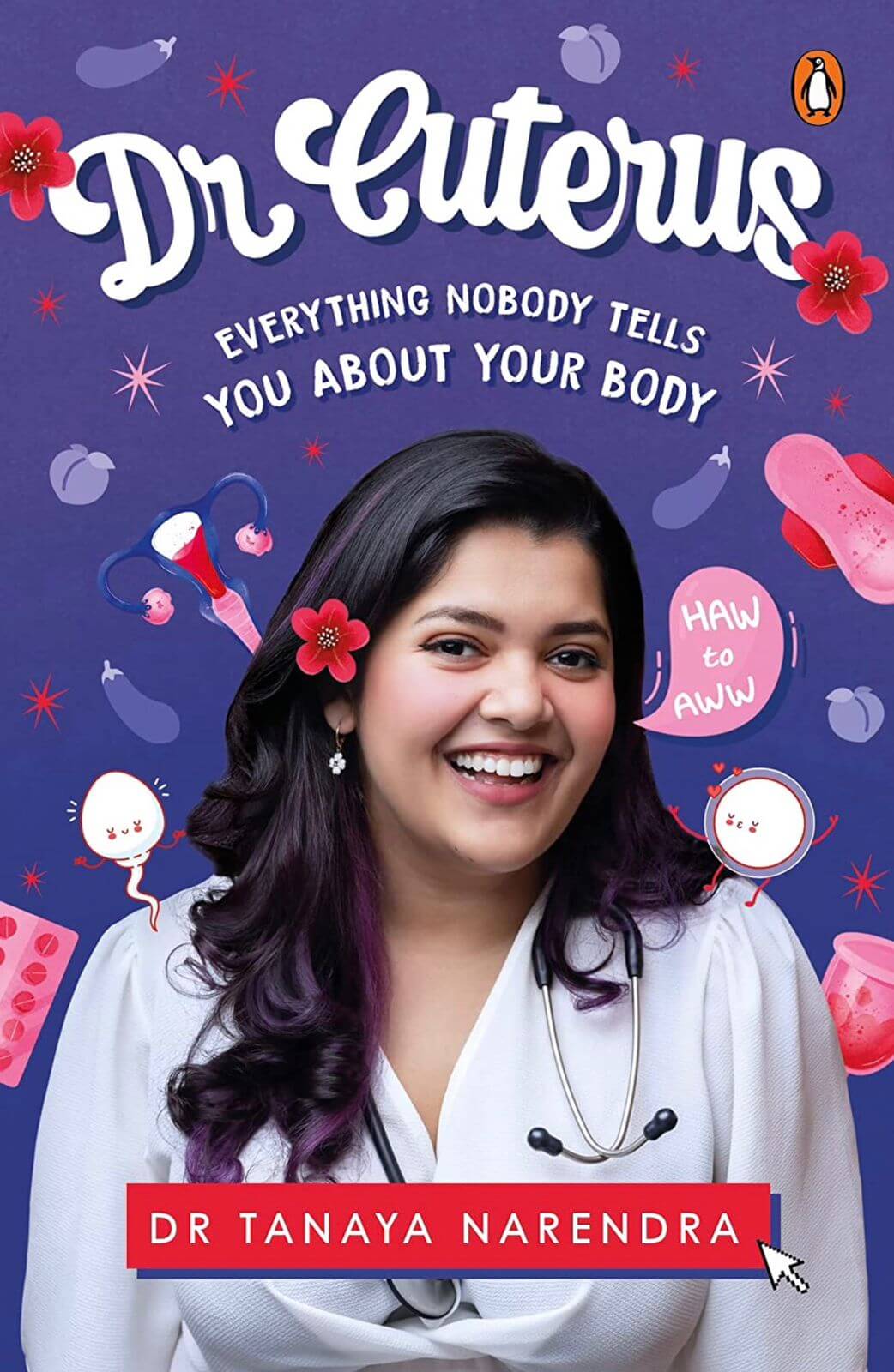
Dr Tanaya’s book aims to be a jargon-free educational resource
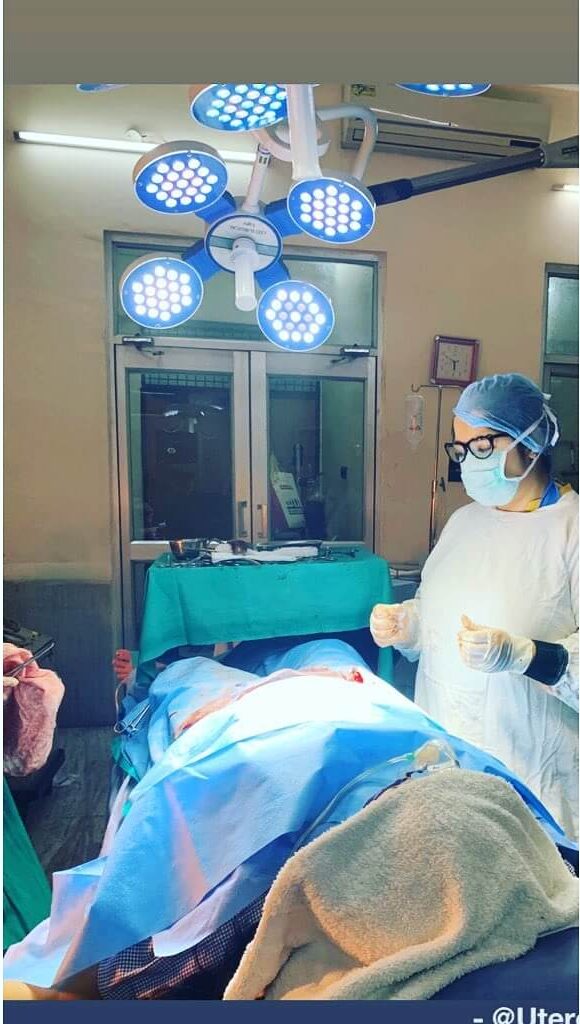
Dr Tanaya in surgery
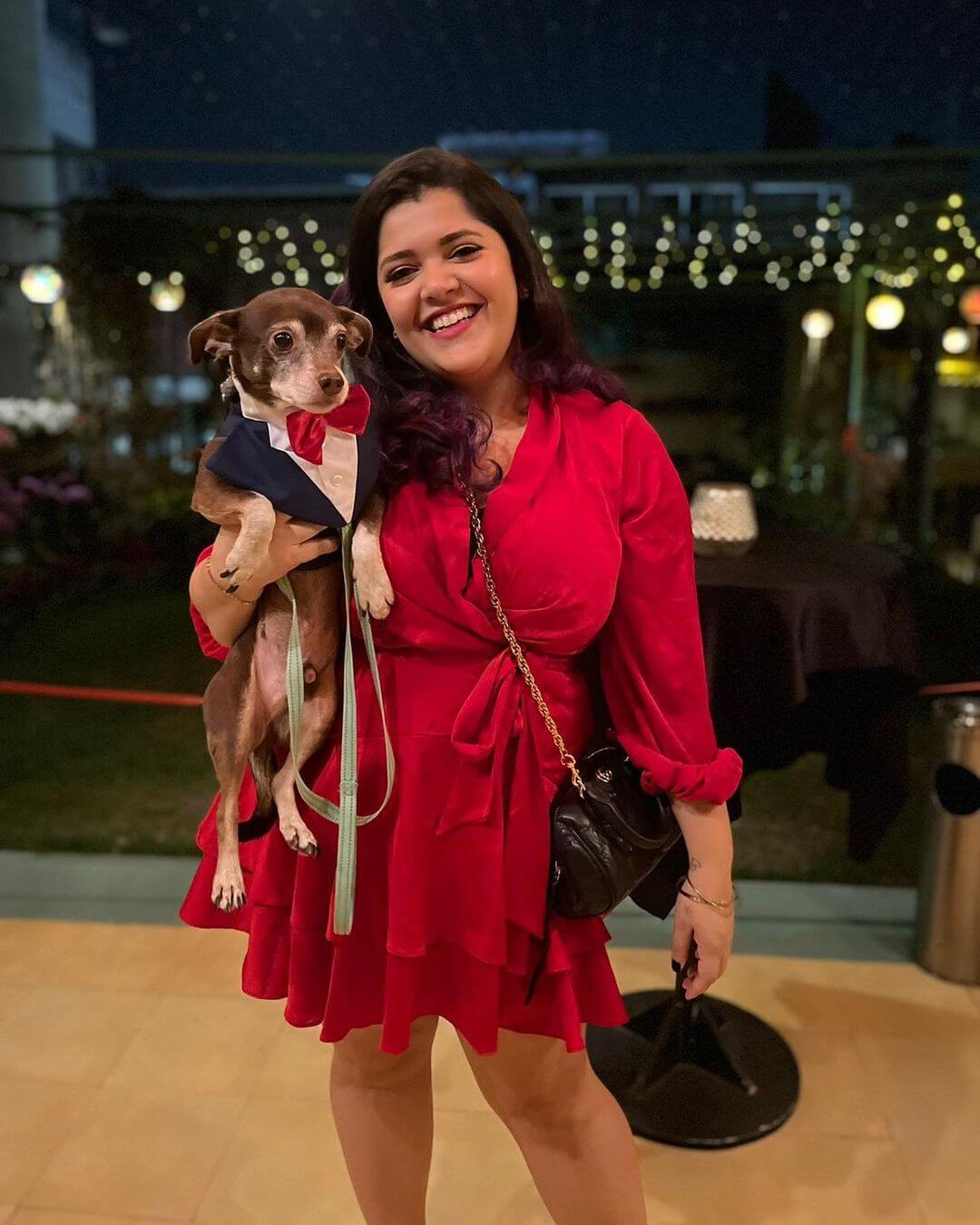
Dr Tanaya with her pet dog, Samosa
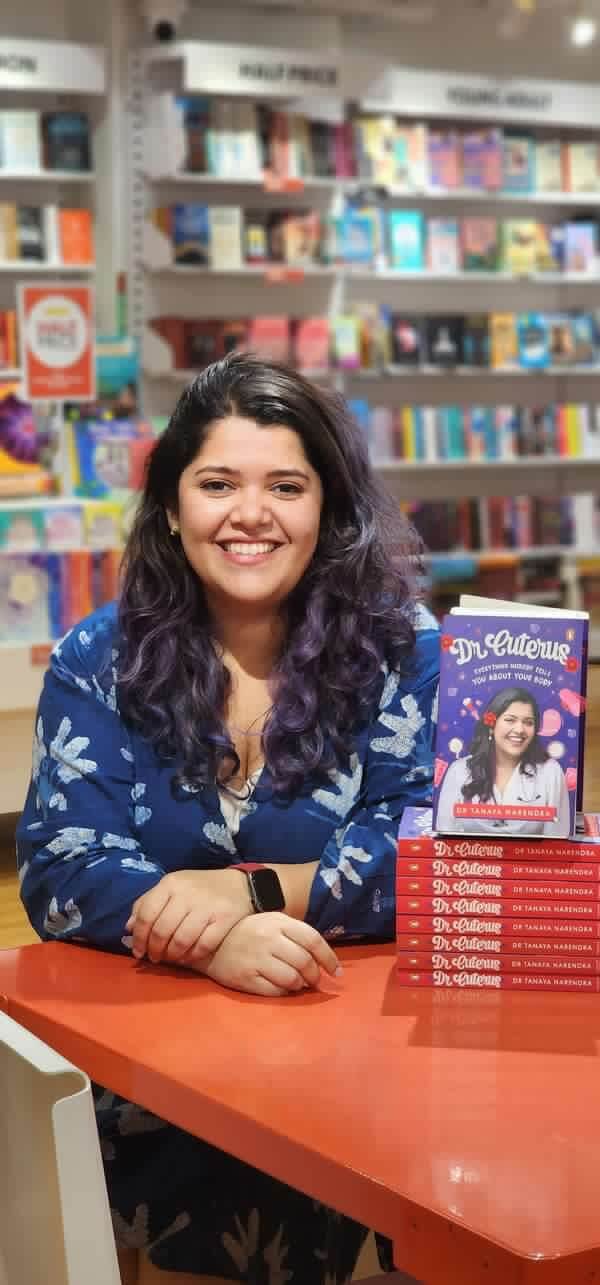
Dr Tanaya at her book launch
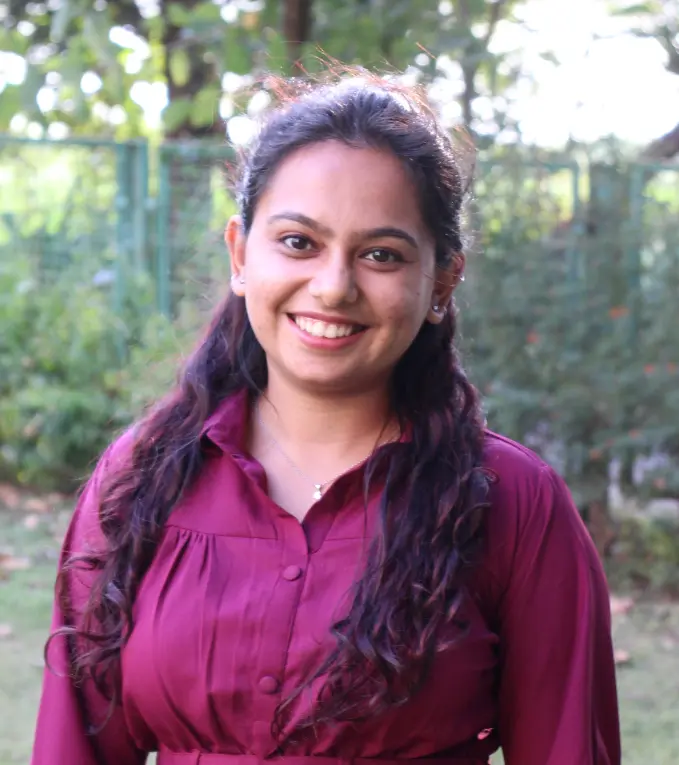
About the author
Sneha Khedkar is a biologist-turned-freelance science journalist with a passion for writing about how science intersects with society. She has an MSc in Biochemistry and four years of research experience. She believes her experience as a woman in STEM will help her tell compelling stories emphasising the challenges and opportunities faced by women in these fields.

Add a Comment